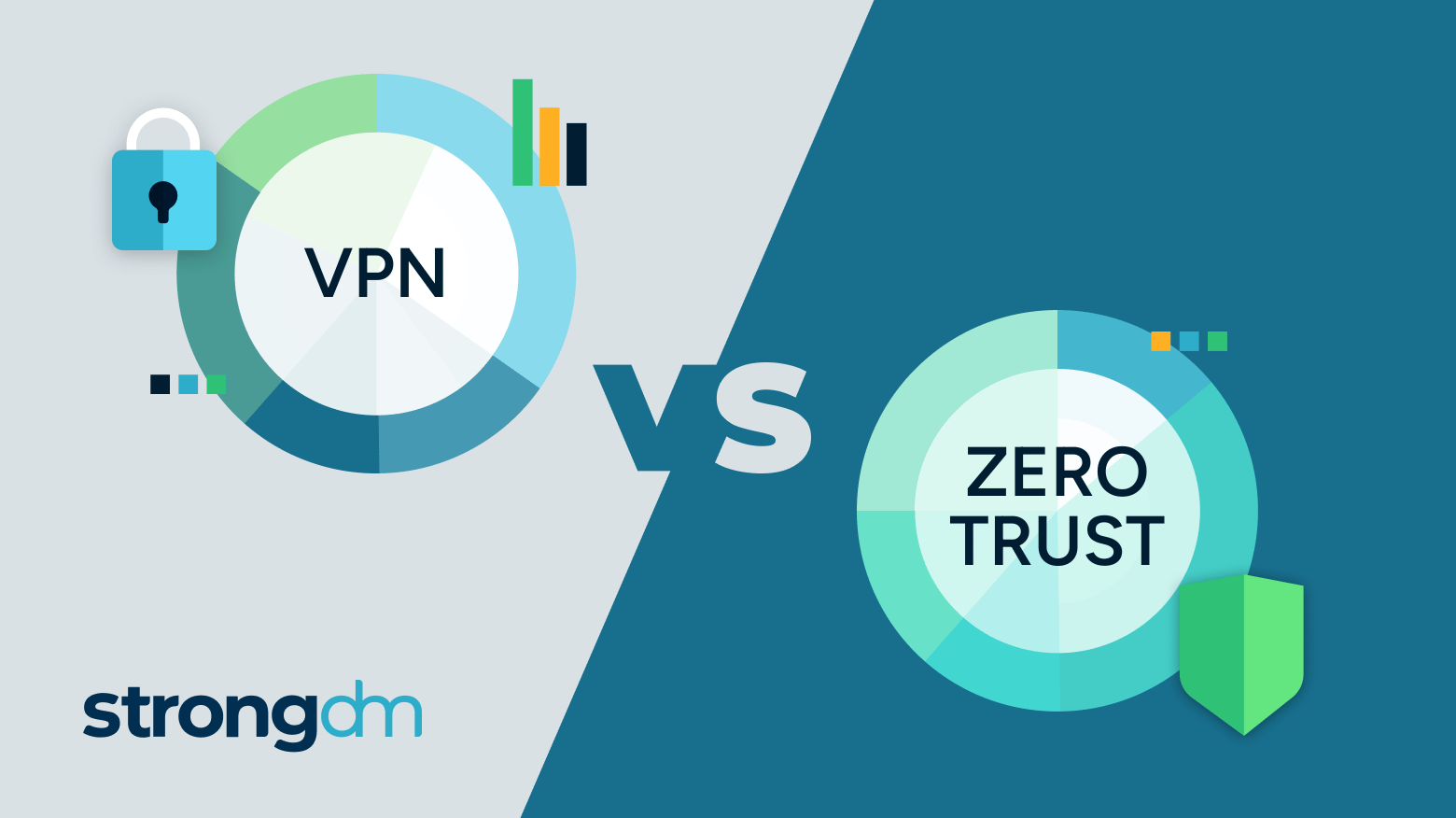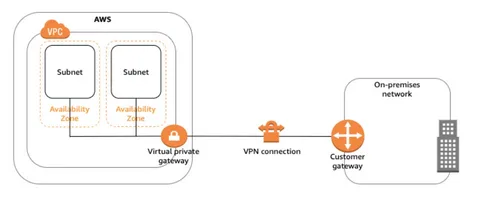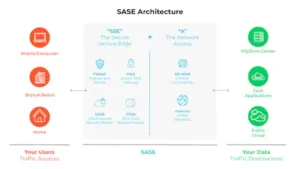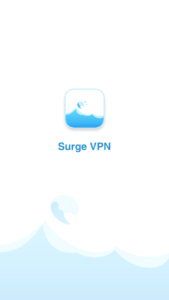What Are the Best Zero Trust VPN Alternatives Available Today?
What Are the Best Zero Trust VPN Alternatives Available Today?
As organizations continue to seek better ways to secure their networks, the need for robust security solutions has never been greater. Zero Trust VPNs have gained significant attention due to their strong security protocols, but they aren’t the only option. For some businesses, exploring Zero Trust VPN alternatives might be a more suitable solution. Here are some of the best alternatives to consider:
1. SD-WAN (Software-Defined Wide Area Network)
SD-WAN is an advanced networking technology that provides businesses with better flexibility, control, and security compared to traditional VPNs. It offers intelligent traffic routing, enhanced visibility, and real-time network performance monitoring. Unlike Zero Trust VPNs, SD-WAN doesn’t rely solely on centralized authentication and instead uses a software-defined approach to improve security.
2. SASE (Secure Access Service Edge)
SASE combines networking and security functions into a unified platform. By integrating SD-WAN, CASB (Cloud Access Security Broker), FWaaS (Firewall as a Service), and ZTNA (Zero Trust Network Access), SASE allows secure access to applications and data across various cloud environments. This alternative offers scalability and flexibility while ensuring robust security measures without the complexity of managing individual VPN connections.
3. ZTNA (Zero Trust Network Access)
While it’s technically a component of Zero Trust, ZTNA is often viewed as a viable alternative to a traditional VPN. ZTNA offers secure remote access to applications based on identity and policy. Unlike traditional VPNs that grant full access to a network, ZTNA provides access only to specific resources needed by the user. This ensures reduced attack surfaces and better control over who can access what.
4. Cloud-Based Access Solutions
Cloud access solutions like AWS Direct Connect or Azure ExpressRoute provide businesses with private and secure connections to cloud environments, bypassing the public internet. These solutions offer high-performance and high-security access without relying on traditional VPNs. Cloud-based solutions are especially beneficial for businesses that primarily operate in the cloud.
5. IPSec VPN with Multi-Factor Authentication (MFA)
A more traditional approach, IPSec VPNs combined with multi-factor authentication (MFA), offer strong security by ensuring that only authenticated users can access the network. The use of MFA further strengthens the authentication process, making it a viable alternative to a Zero Trust VPN for businesses that don’t want to switch to more complex systems.
Conclusion
When considering Zero Trust VPN alternatives, businesses must assess their unique needs and the complexity of their network. Whether opting for SD-WAN, SASE, or other cloud-based access solutions, it’s essential to choose an alternative that aligns with both security and performance requirements. With the growing focus on cloud environments and remote work, these alternatives offer flexibility and efficiency while enhancing security.










Post Comment